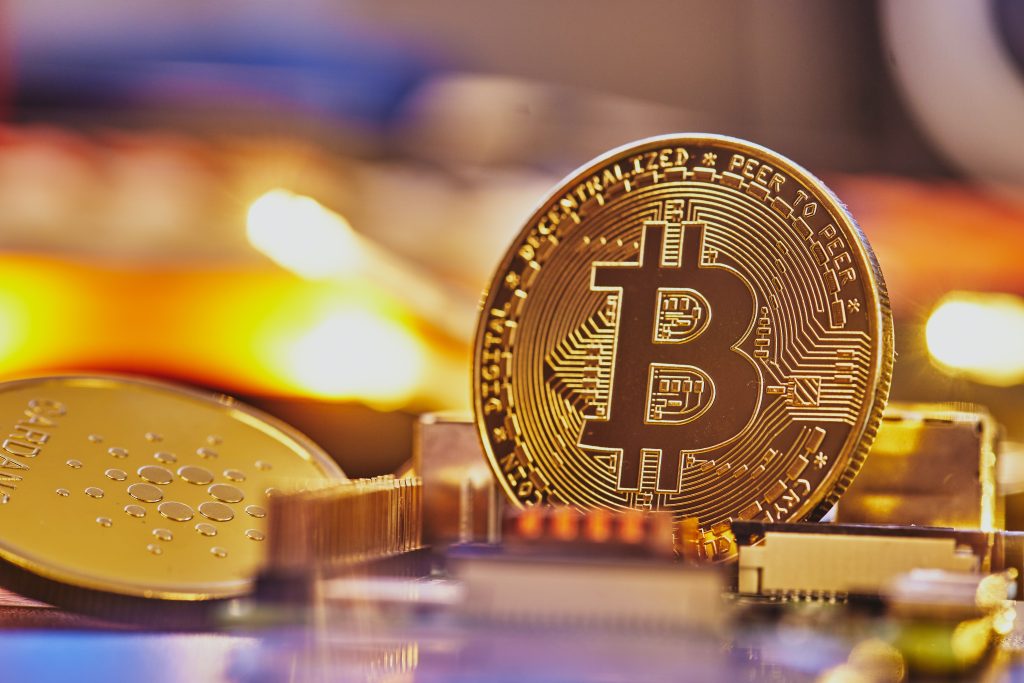In this article, we delve into the world of ETFs, focusing on the renowned asset management company, Blackrock. As a beginner, using Quantum AI Trading can help you overcome the initial learning curve and start trading with confidence.
Competitive Landscape in the ETF Industry
Companies such as Vanguard, State Street Global Advisors (SSGA), and Charles Schwab have emerged as key players in the ETF space. Vanguard, known for its low-cost index funds, has been a fierce rival, offering investors a wide range of options. SSGA, on the other hand, boasts the SPDR ETFs, including the famous SPDR S&P 500 ETF, which has consistently been one of the largest and most traded ETFs globally. Charles Schwab has gained popularity with its commission-free ETFs, appealing to cost-conscious investors.
Each competitor employs distinct strategies to attract investors. While some focus on passive investing, others offer actively managed ETFs, seeking to outperform the market. The competition has led to ongoing innovation, with companies introducing niche ETFs targeting specific sectors, themes, and investment styles.
Blackrock, through its iShares ETFs, maintains a competitive edge due to its extensive product offerings and impressive track record. Its ETFs cover a wide range of asset classes, including equities, fixed income, commodities, and more. Additionally, the company’s robust distribution network and reputation for quality management have contributed to its continued success. The rivalry among these giants also drives cost reduction, benefitting investors who can access ETFs with lower expense ratios. As competition intensifies, companies strive to deliver better performance, improve transparency, and enhance liquidity.
The ETF industry’s competitive landscape remains dynamic and multifaceted, with Blackrock playing a pivotal role. While it faces strong competition from Vanguard, SSGA, Charles Schwab, and others, Blackrock’s iShares ETFs continue to capture significant market share, solidifying its position as a leading player in the world of ETFs.
Impact on the Global Financial Market
One significant effect of Blackrock’s ETFs is their role in promoting passive investing. As these funds track various indices, they offer a convenient and cost-effective way for investors to gain exposure to broad market segments or specific asset classes. Consequently, the popularity of passive investing has grown, leading to increased flows into ETFs and index funds, which, in turn, affect the pricing and performance of the underlying securities.
Moreover, Blackrock’s massive presence in the ETF space has created a unique phenomenon known as “ETFization.” This term refers to the shift in how investors allocate their capital, where ETFs have become a preferred choice over traditional mutual funds and individual stocks.
Blackrock’s ETFs have also played a crucial role in democratizing investment opportunities. With lower investment minimums and ease of trading, ETFs have opened doors for individual investors to access a diversified portfolio of assets previously available only to large institutions.
However, the sheer size of Blackrock’s ETFs has sparked debates about potential risks associated with their significant market presence. Some experts worry that Blackrock’s extensive holdings across various industries and regions could lead to systemic risks if they face sudden liquidation or encounter liquidity issues during periods of market stress.
The Future of Blackrock’s ETFs
One aspect that is likely to define the future of Blackrock’s ETFs is the continued expansion of their product offerings. As market trends change and new investment opportunities emerge, Blackrock is expected to introduce more specialized and thematic ETFs to cater to specific investor interests. These could include ETFs focused on emerging technologies, sustainable investing, and other niche areas that gain traction among investors.
Technological advancements will also play a crucial role in shaping the future of Blackrock’s ETFs. With the rise of fintech and digital platforms, investors are increasingly seeking seamless and user-friendly experiences. Blackrock is likely to invest in technology to enhance investor interfaces, streamline processes, and provide personalized investment solutions, making their ETFs more accessible and appealing to a broader audience.
Furthermore, as environmental, social, and governance (ESG) factors gain prominence in investment decisions, Blackrock is expected to integrate sustainability considerations into its ETF offerings. The demand for ESG-focused investments has grown significantly, and Blackrock, as a leader in the asset management industry, will likely respond to this trend by launching more ESG-oriented ETFs.
As the regulatory environment evolves, Blackrock’s ETFs may face changes in oversight and reporting requirements. The company will need to stay abreast of regulatory developments and ensure compliance with any new rules or guidelines that affect the ETF industry. Adapting to regulatory changes while maintaining transparency and investor trust will be crucial for Blackrock’s future success.
Conclusion
As we conclude our exploration of “Decoding Blackrock’s ETF,” it becomes evident that their ETFs have revolutionized the investment landscape. With a strong global presence and innovative strategies, Blackrock continues to shape the future of the financial market, making it an indispensable player in the world of ETFs.








Add Comment